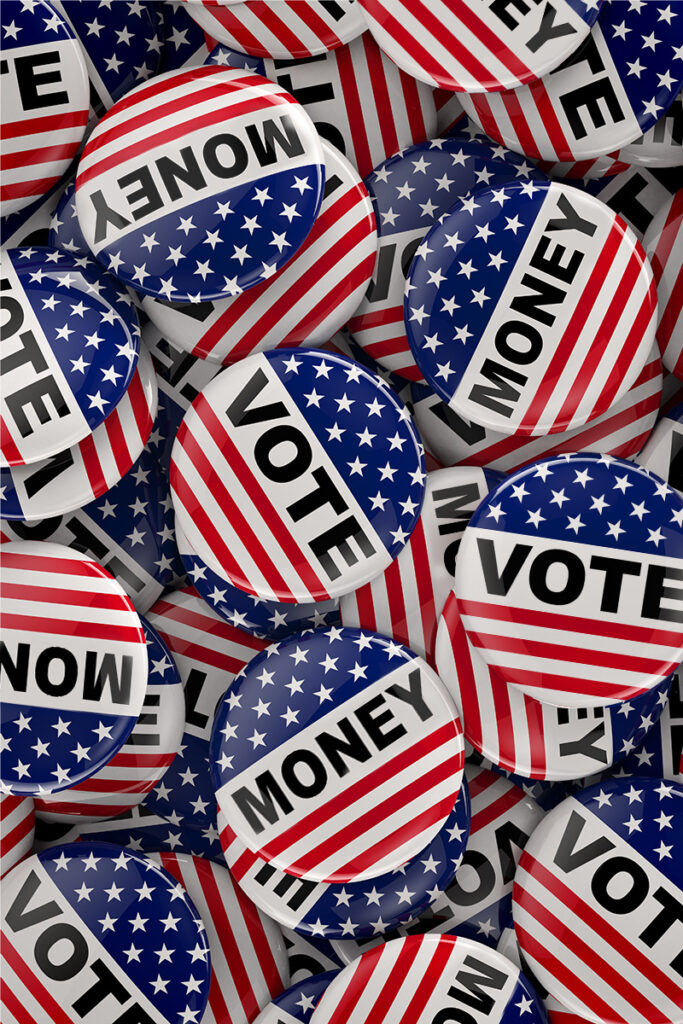I’ve been hearing lately about a video game that people seem to be excited about, called “The Legend of Zelda: Tears of the Kingdom.” Apparently it’s the latest of many installments of the Legend of Zelda series, which dramatizes the adventures of a young hero named Link and a wise princess named Zelda.
As someone who has never played video games — apart from some brief sessions of Pong, which came out when I was in college — I’m unable to comment on the merits of the Zelda series or its newest iteration. I do, however, have two reactions. First, a princess named Zelda? The name Zelda, for me, doesn’t conjure fantasies of medieval kingdoms; it makes me think of F. Scott Fitzgerald’s mentally unstable spouse or some Long Islander’s Jewish grandmother. But my more significant beef is with the full name “The Legend of Zelda.”
The story of Zelda, whatever it may be, is not a legend. A legend is a tale that has come to us from so distant a past that we have no way to trace its beginnings. In fact, it’s so embedded in our culture that its historical accuracy — or lack of it — has become irrelevant; the fact that it has been retold over so many generations grants it its own sort of authenticity. King Arthur’s court is a legend. Robin Hood’s band of merry men is a legend.
Zelda, by contrast, was invented (according to Wikipedia) by a pair of Japanese game designers in 1986, and her adventures have been made up as they go along. If her story is referred to as a legend, then it’s a faux legend, an imitation of a legend.
So why is this series of games called “The Legend of Zelda” rather than “The Story of Zelda” or “The Adventures of Zelda”? Obviously, it’s for reasons of marketing. The use of the word “legend” gives the series a feeling of weight and significance that it doesn’t actually merit. If I were a game player, my realization that the marketers of Zelda are trying to manipulate me by using that emotionally resonant word would immediately put me on my guard and make me less likely to want to buy the product.
I admit that most people would consider this an overreaction. I do confess to being unusually sensitive to the idea of being manipulated, and becoming more so as time passes. Most recently, I’ve become irritated by the use of underscoring in movies to tell me how I’m supposed to feel about a scene.
If you watch the earliest sound films from the late 1920s and early 1930s, you’ll notice that there’s no background music at all. Partly this is for reasons of technology — originally, there was no way to add music to a scene after it was shot — but it was also because filmmakers were concerned that if music was heard behind the characters’ dialogue, audiences would wonder where the music was coming from. A film’s score, if any, was limited to “diegetic” music, which is music that comes from a specific source in the world of the film — such as a band in a nightclub or a phonograph in an apartment, which would almost always be shown onscreen.
I’ve really come to appreciate the spare sonic landscape of those early films, where often the only extraneous sound is the random crackle of the soundtrack. It gives the film a feeling of immediacy and authenticity that’s missing from the carefully crafted sound mixes that came later. When I watch a modern film, I often find myself mentally filtering out the background music to sense whether the scene works dramatically without it. Much of the time, it doesn’t — which makes me resent the director who, in my mind, is cheating by using music to manipulate my emotions in a way that the scene doesn’t accomplish on its own.
Given my feelings about manipulation, you can imagine how mystified I am by the fact that “influencer” is now an accepted job title in the world of social media. Of course, celebrity endorsements have always been used to market products, but the intent to manipulate wasn’t nearly as overt as it is now. If anyone came to me and said, “I am an influencer, and I’m here to influence you,” I’d run the other way. So who are the people who are agreeing — nay, demanding — to be influenced, and thus, by definition, handing over their free will? And why would anyone choose to be one of them?





Recent Comments